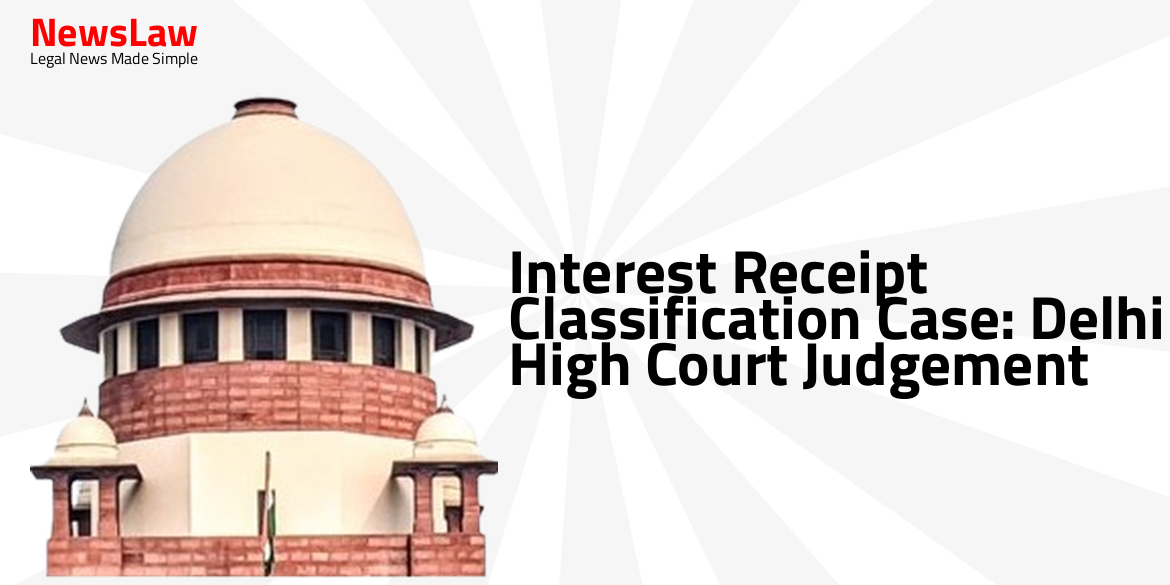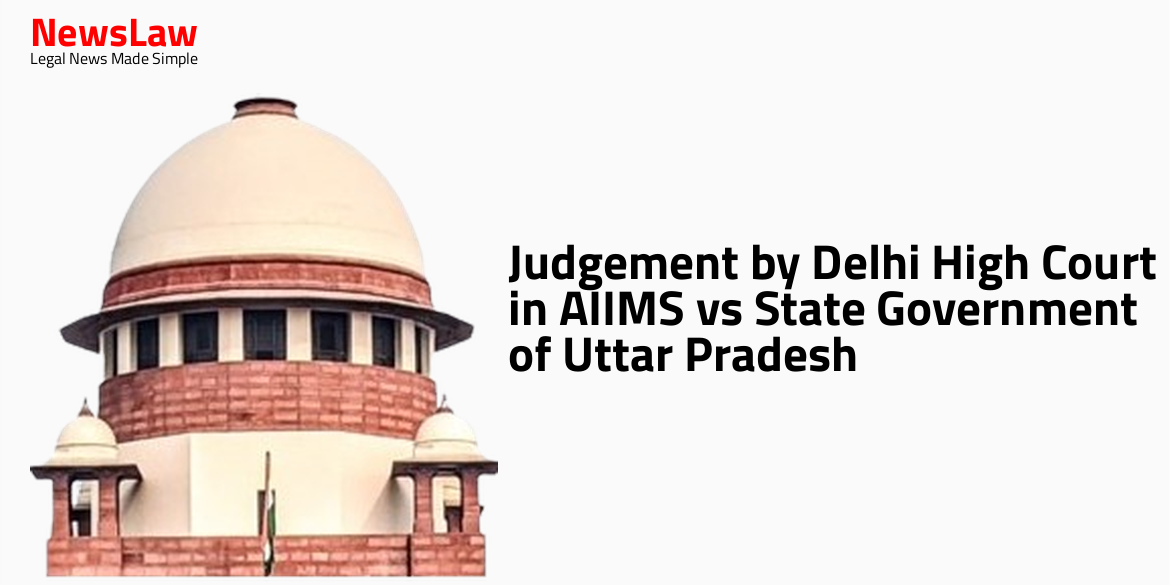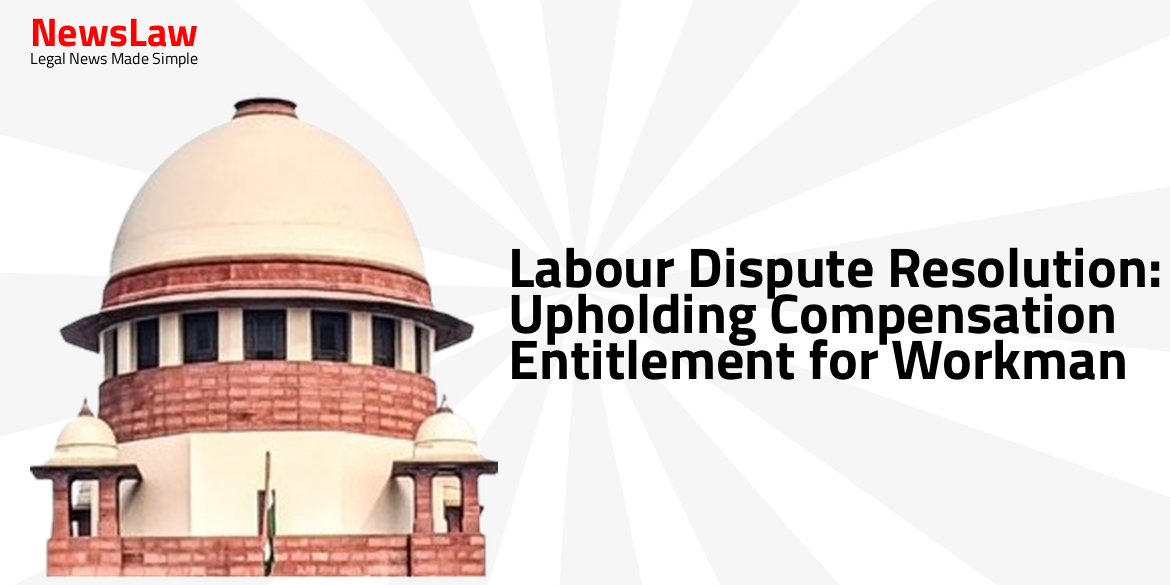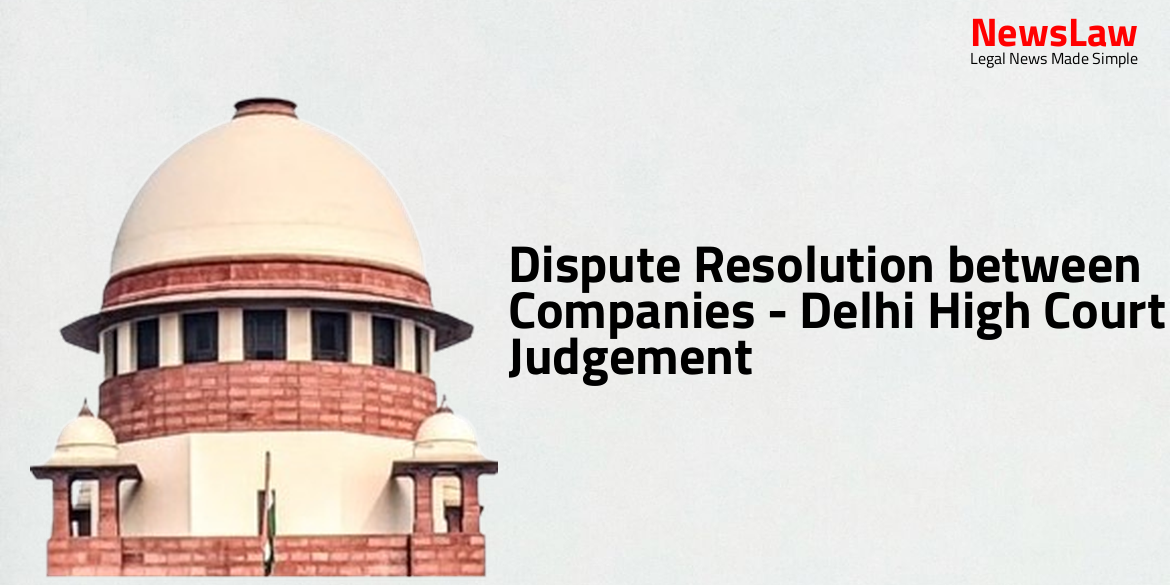In a significant legal case before the Delhi High Court, the issue of classifying interest receipts in taxation matters was examined. The court’s judgement sheds light on the determination of whether certain receipts are to be considered as capital or income. Stay informed about this landmark case involving the classification of interest receipts by following our updates.
Facts
- The assessee deposited the required sum with DRT within the stipulated time as per terms and conditions of the auction.
- The assessee emerged as the highest bidder at Rs. 10.07 crores during the auction process.
- The Hon’ble High Court directed Punjab National Bank to return the whole sum deposited along with interest accrued thereon.
- The DRT recovered the money from Punjab National Bank and refunded the same to the appellant.
- The appellant was repaid the original auction amount as well as a further sum of Rs 31,907,676.
- Punjab National Bank deducted tax at source when making the repayment and issued certificates to DRT.
- The appellant filed a civil suit in the court of Civil Judge Sr. Division, Chandigarh for recovery of damages.
- The sum accepted from Punjab National Bank was subject to the legal right of the petitioner to challenge the compromise between the borrower and the bank, indicating that the dispute had not reached finality.
- The assessee pointed out that no interest or damages had finally accrued to them.
- The Tribunal did not award any interest to the appellant but refunded the money deposited in the auction along with any interest earned by the bank to DRT on behalf of the appellant.
- The certificate of sale dated 02.03.2007 confirmed the sale absolutely in favor of the assessee, even giving possession of the property.
Issue
- The main issue in the present appeal was whether the interest received by the assessee against the principal amount from an auction sale should be considered as part of the total income.
- The ITAT held that the amount in question was a capital receipt and therefore not subject to taxation.
- This decision was made on the basis that the interest was directly linked to the principal amount deposited by the assessee for the auction sale.
- The ITAT’s ruling centered on the nature of the receipt and its classification as a capital receipt rather than one falling under taxable income.
Arguments
- The respondent argued that the amount in question was not compensation.
- The taxability of interest on the amount was deemed insignificant based on this argument.
- The respondent cited the cases of CIT v. Saurashtra Cement Ltd. and Pr. CIT v. Pawa Infrastructure Pvt. Ltd. to support their position.
- Initially, the respondent challenged the appeal based on low tax effect but later withdrew this objection.
Analysis
- The amount received by the assessee was not interest but compensation for cancellation of the auction, making it a capital receipt.
- Section 145A provides that interest received on compensation or enhanced compensation is chargeable to tax in the year received, not the compensation itself.
- The sum of Rs. 20 lakhs received by the assessee was in relation to cancellation of the sale certificate and sale deed, not part of the assessee’s business.
- The compensation received was for sterilisation of the profit earning source, considered a capital receipt.
- The burden of proving a receipt as taxable income lies with the Revenue, which was not established in this case.
- The payment of interest in this case was compensatory in nature and not in respect of any debt incurred.
- The interest received on the amount was rightly considered a capital receipt by the ITAT and not chargeable to tax.
- Damages for delay in procuring a capital asset, as in this case, were held as capital receipts by the Supreme Court and not taxable under section 10(3).
- The question of whether a receipt is capital or income has been a common issue before the courts.
- There is no singular test or criterion that is universally applicable in determining whether a receipt is capital or income.
- Each case must be assessed based on its unique facts and circumstances.
- Authorities have emphasized that the decision on capital versus income is a mix of law and fact, not solely dependent on factual elements.
- Various rules and principles have been suggested, but none are infallible; they merely guide the consideration of relevant factors in making a determination.
- The receipt being analyzed was compensation received by an agent for premature termination of a contract.
- If the cancellation of a contract does not disrupt the business structure or the main source of the income, the compensation received is considered a revenue receipt.
- Contrarily, if the cancellation impacts the business structure or the main income source, the compensation is typically viewed as a capital receipt.
- The amount received by the assessee was the entitlement of the successful bidder and not in the nature of compensation.
- The interest accrued on the said amount cannot be considered as revenue receipts under Section 56(2)(viii) of the Act.
- The amount was a bonafide deposit by the successful auction bidder against the purchase of the land.
- The ITAT was correct in holding that the interest amount was a capital receipt and not taxable.
- The amount cannot be categorized as compensation granted by the Court for the auction cancellation.
Decision
- The pending application(s) have been disposed of
- The instant appeal has been dismissed
Case Title: PRINCIPAL COMMISSIONER OF INCOME TAX-4 Vs. INS FINANCE & INVESTMENT P LTD. (2024:DHC:4571)
Case Number: ITA-1114/2018



